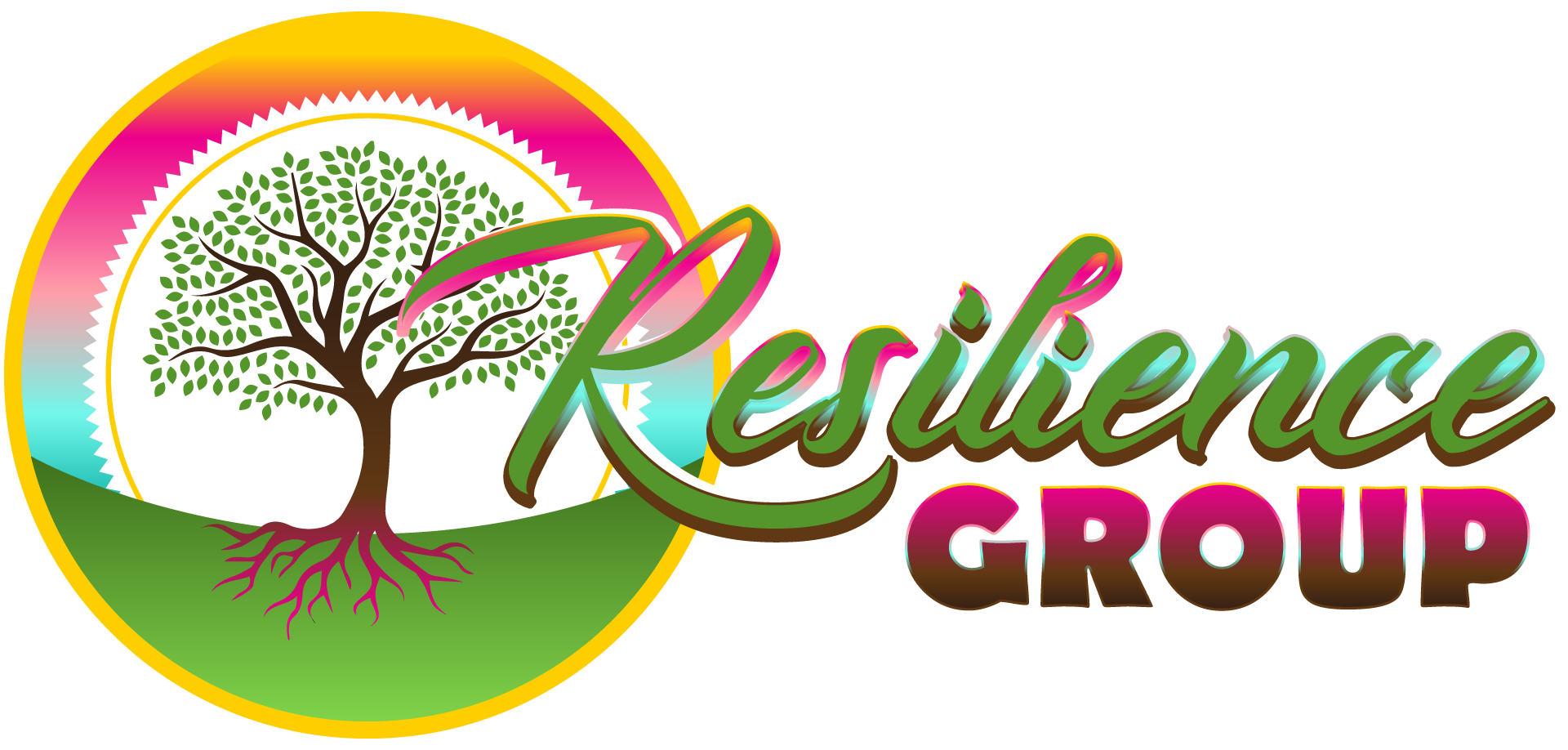Family Conflict
Family conflict refers to a persistent or recurring pattern of interpersonal discord, disagreement, or tension among members of a family unit that disrupts emotional connections, communication, and the overall functioning of the family. It can stem from differences in values, goals, roles, or expectations, often escalating into negative interactions such as arguments, hostility, or avoidance.
While not a standalone clinical diagnosis, family conflict is recognized as a significant stressor that can contribute to or exacerbate mental health conditions and relational issues.
Key Characteristics of Family Conflict:
-
Communication Breakdown:
- Misunderstandings, miscommunication, or refusal to communicate effectively.
-
Unresolved Disputes:
- Recurring disagreements that remain unaddressed or poorly managed over time.
-
Emotional Distress:
- Negative emotional states, such as anger, frustration, guilt, or resentment, experienced by family members.
-
Role Strain:
- Conflicts arising from disagreements about responsibilities, expectations, or boundaries within family roles (e.g., parenting, caregiving).
-
Power Struggles:
- Tensions over authority, control, or decision-making within the family dynamic.
-
Behavioral Symptoms:
- Escalating arguments, avoidance behaviors, passive-aggressive interactions, or even physical confrontations.
Common Causes:
-
External Stressors:
- Financial difficulties, work-related stress, or major life events (e.g., illness, relocation).
-
Differing Values and Beliefs:
- Generational gaps, cultural differences, or varying worldviews within the family.
-
Mental Health Challenges:
- Individual mental health conditions (e.g., depression, substance use) affecting family dynamics.
-
Parenting Disagreements:
- Conflicts over child-rearing practices, discipline, or educational goals.
-
Marital Issues:
- Tensions between spouses that spill over into the broader family dynamic.
-
Life Transitions:
- Adjustments during stages such as adolescence, marriage, divorce, or aging.

Clinical Relevance:
Family conflict is often addressed in clinical settings when:
- It contributes to emotional distress or mental health conditions in one or more family members (e.g., anxiety, depression).
- It disrupts family functioning or creates an unsafe environment.
- It is a factor in co-occurring issues, such as child behavior problems, substance use, or domestic violence.
Interventions and Treatment Approaches:
-
Family Therapy:
- Structural Family Therapy (SFT): Focuses on family roles, hierarchies, and boundaries.
- Emotionally Focused Family Therapy (EFFT): Addresses emotional bonds and attachment issues.
- Systemic Family Therapy: Considers the family as an interconnected system where changes in one member affect the whole.
-
Communication Skills Training:
- Teaching families techniques such as active listening, assertiveness, and conflict resolution.
-
Individual Therapy:
- For family members experiencing significant emotional or psychological distress.
-
Mediation and Conflict Resolution:
- Facilitating structured discussions to resolve disputes and build consensus.
-
Parenting Programs:
- Helping parents develop consistent, cooperative approaches to child-rearing.
-
Crisis Intervention:
- For families experiencing acute conflicts that threaten safety or stability (e.g., domestic violence, substance abuse).
Impact and Outcomes:
When unresolved, family conflict can contribute to:
- Mental health issues (e.g., anxiety, depression, behavioral disorders).
- Strained relationships and emotional disconnection.
- Academic or social challenges in children.
With appropriate intervention, families can develop healthier communication patterns, improve emotional bonds, and foster a supportive and functional home environment.
Contact
(435) 313-8533
Location:
Resilience Group
Saint George, UT 84770
In-person and telemedicine available
